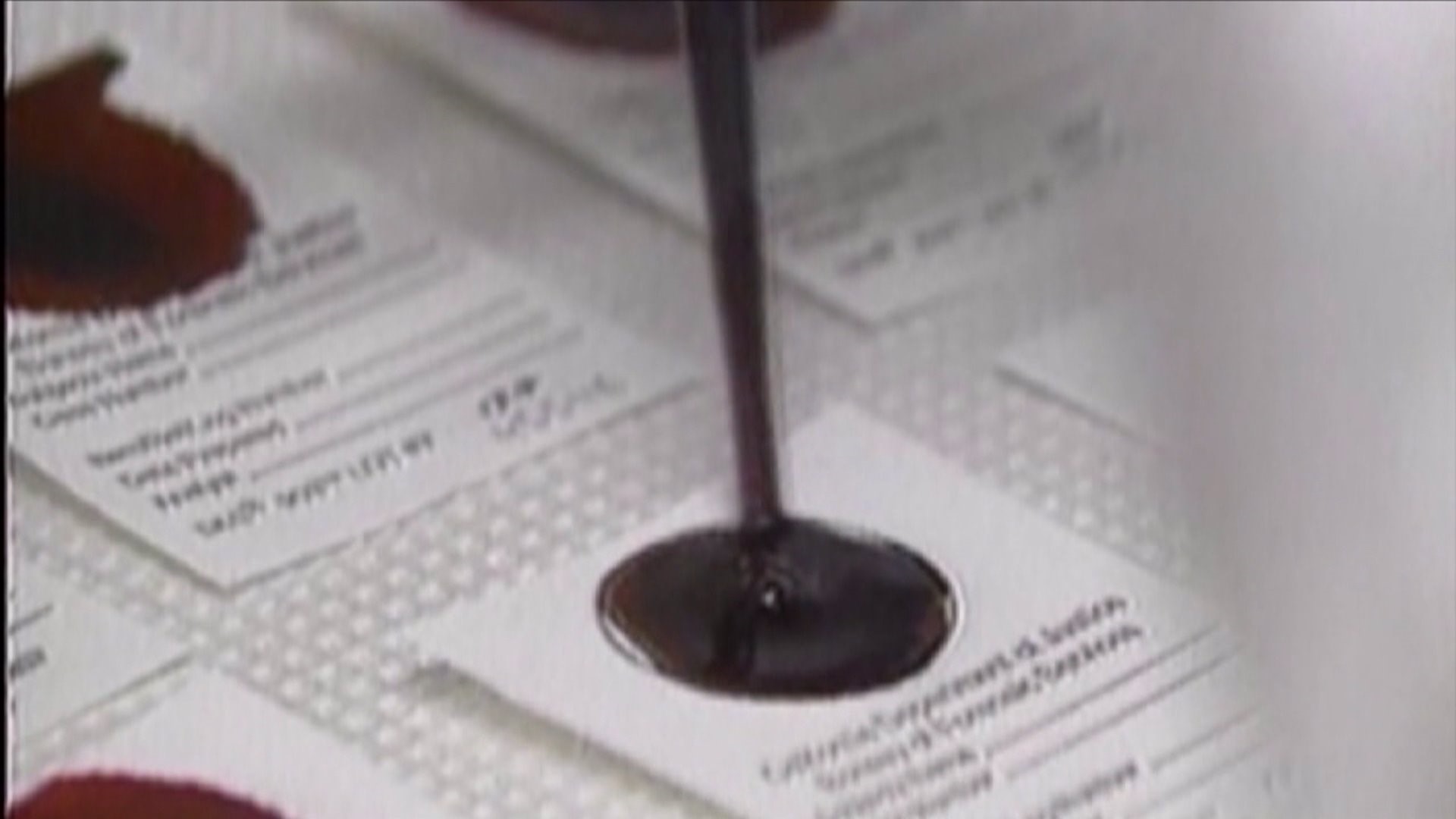LUZERNE COUNTY -- There's a good chance you know someone who has been affected by cancer.
Right now, different cancers can be diagnosed using different screenings, but researchers are digging into whether blood gives off clues about who has, or will have, cancer.
We should all hope to have friendships like the one shared by Ann Marie Birmer and Jeanne Marie Sunday. They talk on the phone every night and have a standing date on Wednesdays.
"After I go to John Heinz, I stop at Ann's house and we have coffee and a little goodie she provides," Jeanne Marie Sunday said.
One day at Ann Marie's house, Jeanne Marie noticed a letter. Ann Marie had just been invited to participate in what's called the DETECT study.
Researchers at Geisinger and Johns Hopkins are looking for a new way to determine if someone has cancer.
"If I could help someone detect cancer, it's well worth it, for just a small amount of blood," Ann Marie Birmer said.
"I took the phone number and said I'm going to see if I can be part of this, too," Jeanne Marie said.
These lifelong friends are now part of the DETECT study, which has been going on for a few months now.
Researcher Adam Buchanan explains DETECT analyzes blood for cancer markers, looking for abnormal DNA molecules and proteins released from tumors.
"Does it pick up cancer early? Does it find ones people didn't know were there? Does it lead to unnecessary testing you don't want to happen?" Buchanan asked, explaining the goals of the study.
DETECT is looking to follow, for the next five years, 10,000 women who are aged 65 to 75 and have no history of cancer.
It's looking for markers of eight common cancers:
- pancreatic,
- colon,
- esophageal,
- stomach,
- ovarian,
- liver,
- lung,
- breast.
"We're testing this in healthy people. We want to know if this can be used to screen for cancer in people who, as far as they know, don't have cancer," Buchanan explained.
If it shows promise, it would require more testing, but could someday be used in clinical settings.
Phyllis Scott is also interested.
"I'm concerned about cancer, but I'm also hoping, as part of a research project, that I'll give the people doing the investigation data that will help future generations," Scott said.
You do not have to be a Geisinger patient to enroll in DETECT. To find out more information, you can call 570-387-2154.

